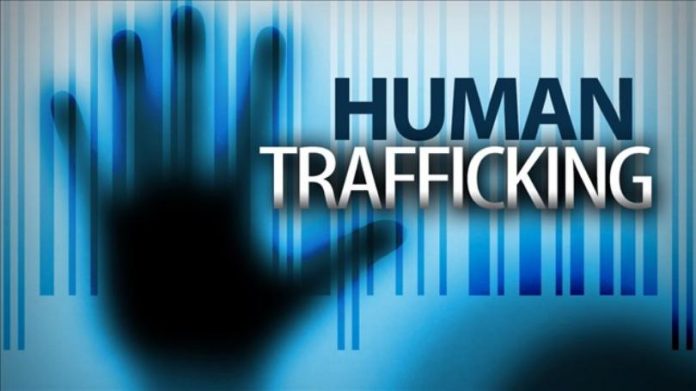The central government is planning on introducing a law to tackle human trafficking under which those indulging in “aggravated forms of trafficking” will be punished with a 10-year jail term and awards life imprisonment for repeat offenders.
A new bill will identify the different forms of trafficking including those carried out for sexual exploitation, bonded labour, pornography, organs donation and begging, and will introduce severe punishment for those found guilty .
The Trafficking of Persons (Prevention, Protection and Rehabilitation) Bill 2017, has been developed by the Women & Child Development Ministry, and currently being reviewed by a Group of Ministers (GoM) which will be taking a final view on the matter, as per official sources.
Dedicated Bureau To Handle Monitoring And Coordination Efforts
Under the bill, a national anti-trafficking bureau will be set up which will oversee numerous activities aimed at controlling and tackling the menace such as monitoring and surveillance of people.
The body will also be in charge of enhancing coordination between authorities in other countries in order to strengthen operational and long-term intelligence required for investigation of trafficking cases, and ensuring mutual legal assistance.
The bill lists out all the ‘aggravated forms of trafficking’ which are carried out with the use of
coercion , intimidation, violence, inducement, money, or deception. It also includes trafficking occurring by administration of narcotic drugs or alcohol, or for the purpose of marriage or the pretext of marriage.
In addition to prison term up to 10 years a fine of Rs. 1 lakh is also proposed by the bill for the guilty. For repeat offenders, along with life imprisonment a fine of not less than Rs 2 lakh is proposed.
Penalties are also included for those indulging in trafficking using media, including print, internet, digital or electronic. In cases where electronic media has been utilized for sexual exploitation or for extortion or for coercion of the victim or his/her family, the bill proposes imprisonment for period of three to seven years.
Human Trafficking Cases On The Rise
According to data from National Crime Records Bureau (NCRB), human trafficking cases jumped by nearly 20% in 2016 as against the prior year.
NCRB reported 8,132 human trafficking cases last year as opposed to 6,877 in 2015. The highest number of cases were reported in West Bengal (44% of cases), which was followed by Rajasthan (17%).
A majority of the 15,379 victims caught in trafficking, were female (10,150 ), while 5,229 were males.
NCRB stated that the purpose of trafficking included sexual exploitation for prostitution, drug peddling, forced labour, domestic servitude, child pornography, forced marriage, begging, and removal of organs.
It is thought that the cases reported by the NCRB account for only a small proportion of the actual incidences of trafficking since many cases go unreported due to people being unaware of the crime or being hesitant to seek police help.
Committee To Develop Measures for Relief And Rehabilitation
The proposed bill also suggests setting up of measures for relief and rehabilitation for the victims of trafficking. It has proposed the creation of a committee to detail out these measures .
The panel will be headed by the women & child development secretary and comprise members from various ministries including home, heath and family welfare, labour and employment, social justice and empowerment among others.
It also plans on appointing state-level anti-trafficking officers who in addition to monitoring, will provide relief and rehabilitation services via district units and relevant civil-society organisations.





